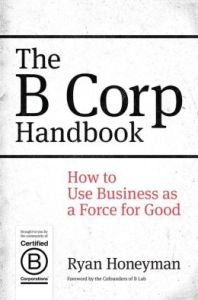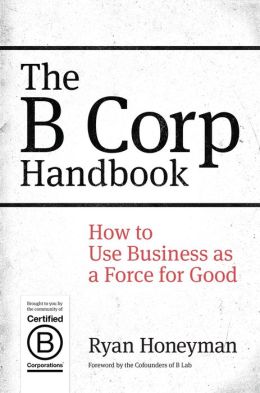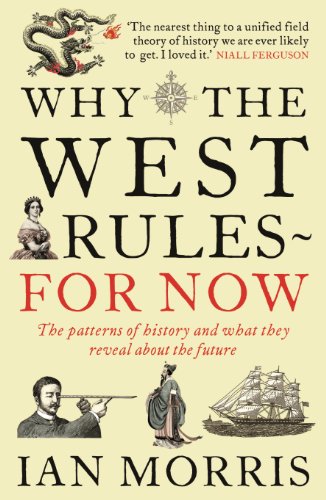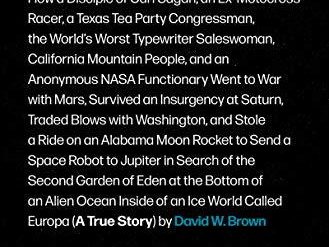
We are in the midst of the evolution of capitalism from a century focused on maximizing shareholder value to one focused on maximizing long-term shared value.” Over the past several decades, a set of bold new ideas promoting this transition has been gaining momentum in the worlds of business and finance. Innovative ventures such as Ben & Jerry’s Ice Cream, Calvert Funds, The Body Shop, Stonyfield Farm, and innumerable others have demonstrated to the satisfaction of growing numbers of businesspeople and investors that running a values based business can be lucrative.
Estimated reading time: 3 minutes
Businesses like these can thrive when they seek not just to make a profit for their shareholders or owners but to benefit all their stakeholders, including customers, employees, suppliers, and the communities where they do business, as well as the environment. Variously called “socially responsible businesses,” “Triple Bottom Line companies,” “values based businesses,” or by many other labels, these ventures are proving that, in the 21st century, the only truly sustainable businesses are those that serve a mission greater than mere financial profit.
Over this same period, several organizations have sprung up to promote this perspective and serve the entrepreneurs and investors who share it: Social Venture Network (1987), Investors’ Circle and Business for Social Responsibility (1992), Net Impact (1994), and BALLE (the Business Alliance for Local Living Economies, 2001) cater in different ways to this new sector of the economy. Then, in 2006, three young men who had been friends as Stanford undergraduates nearly two decades previously came together to form what may in the final analysis prove to be the most consequential organization of them all: B Lab.
The B Corp Handbook: How to Use Business as a Force for Good by Ryan Honeyman ★★★★★
B Lab, a nonprofit organization based in Philadelphia, offers an online questionnaire that thousands of businesses around the world are using to benchmark their progress toward the Triple Bottom Line of People, Planet, and Profit. Those companies that score 80 or more on the 200-question instrument may seek certification as B Corporations (B is for “benefit”). More than one thousand businesses in over 30 countries have done so.
B Lab’s strategy is to enshrine the benefit corporation concept in law; 26 states plus the District of Columbia have already done so, nearly all of them with strong bipartisan legislative majorities, and bills have been introduced in another 12 states plus Puerto Rico. By registering separately with the states where they’re incorporated, B Corporations can insulate themselves from lawsuits taking them to task for making decisions on other than purely bottom-line considerations. More importantly from the perspective of those who have founded or run many B Corporations, taking this step makes it very difficult for future generations of directors and officers to reject their companies’ social and environmental mission.
Now sustainability consultant Ryan Honeyman has produced The B Corporation Handbook, a step-by-step introduction to the B Corp concept and the process of securing certification. The Handbook is well-organized and smoothly written and should prove accessible to virtually all comers. Honeyman guides the reader through the certification process, with helpful explanations along the way. If you’re running a values based business, or are even planning to start one, you owe it to yourself to read The B Corporation Handbook.
For related reading
Like to read books about business? Check out My 10 favorite books about business history.
If you enjoy reading nonfiction in general, you might also enjoy:
- Science explained in 10 excellent popular books
- 10 great biographies
- Top 10 nonfiction books about politics
And you can always find my most popular reviews, and the most recent ones, on the Home Page.



























